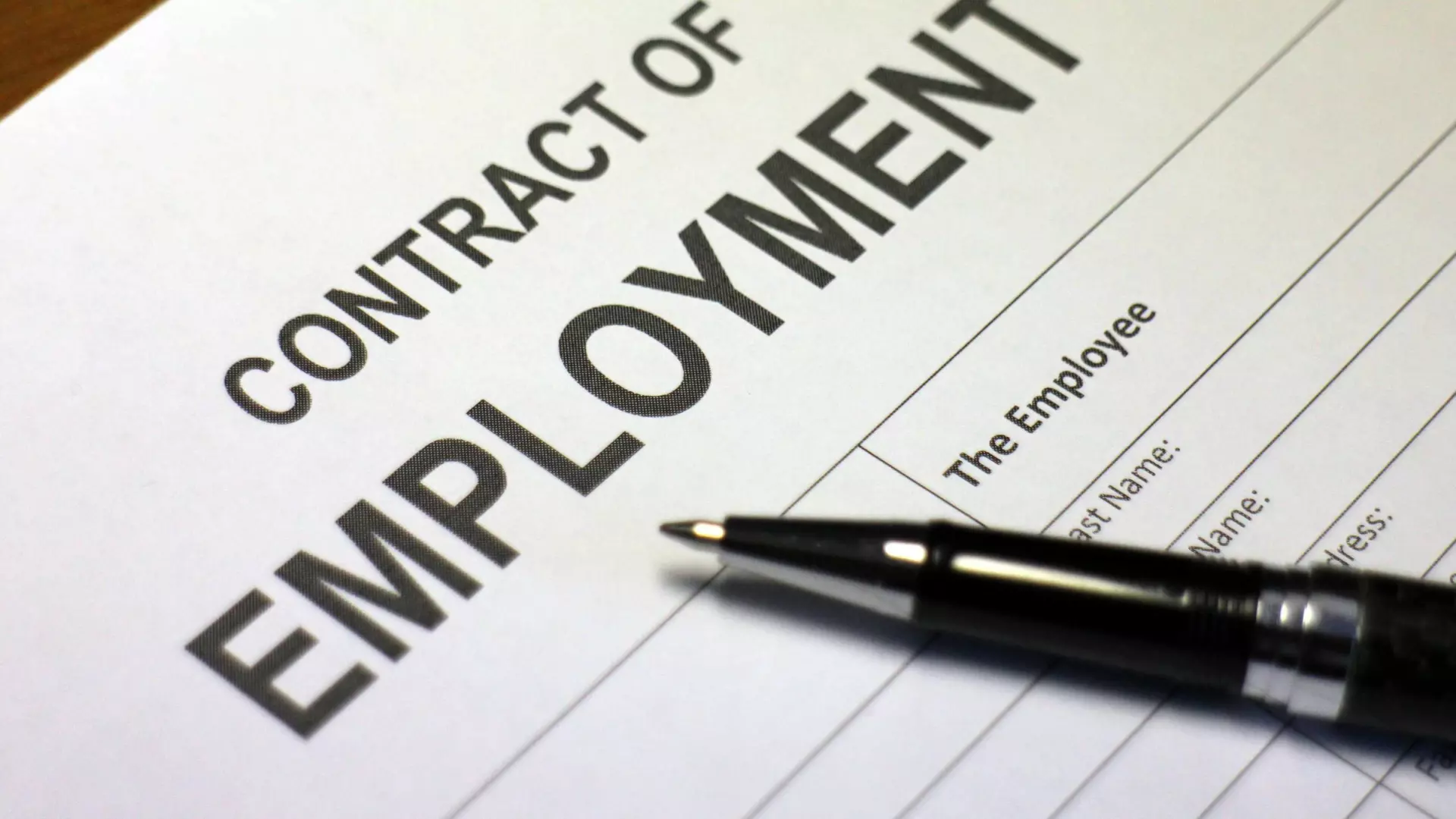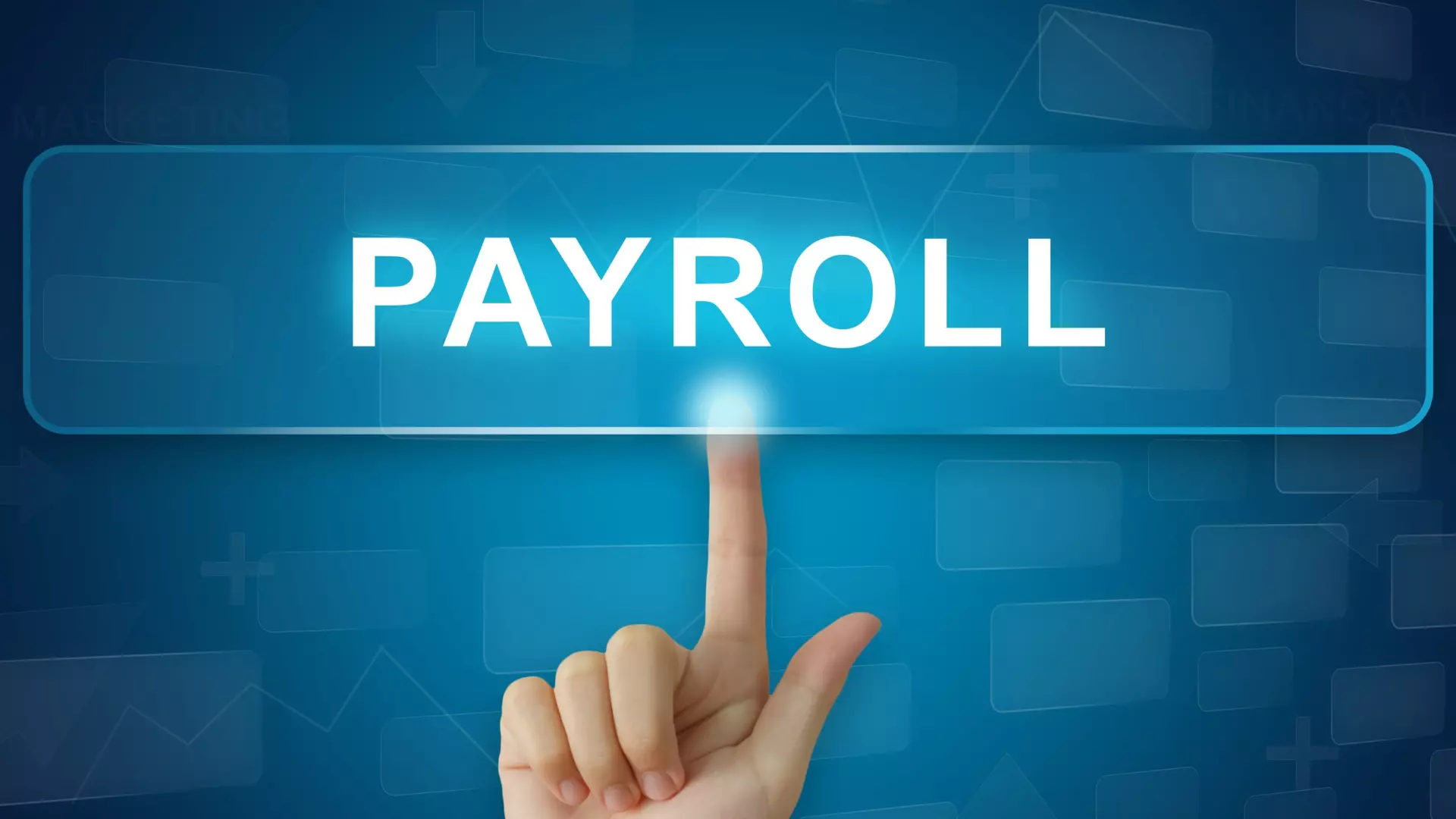Article
Superannuation Changes in Australia

Important Changes to Superannuation in Australia
As of 1 July 2022, the superannuation guarantee (SG) will increase from 10% to 10.5%. For those of you not familiar with the Superannuation Guarantee, it is the minimum amount of super that most employers in Australia must pay their employees.
This means that if you are an employee earning $50,000 per year, your employer will now need to pay $5,000 into your super fund, rather than the $4,750 they were paying previously. While this may not seem like a lot of money, over time, it can make a big difference to the amount of money you have saved for retirement.
If you are a domestic employer, you may be wondering how this change will affect you and your nanny's payroll. Here is a quick guide to the Superannuation Guarantee changes and what they mean for you.
What is the Superannuation Guarantee?
Superannuation is something that all Australians should be aware of. Your super is your money for retirement, and it's important to make sure that you are contributing enough to provide for yourself later in life. The current rate is 10% and will increase to 10.5% on 1 July 2022 and will further increase to 12% by 2025.
What does this mean for domestic employers?
If you are a domestic employer, you will need to pay the Superannuation Guarantee on any wages you pay. This includes regular wages, overtime, holiday pay, and sick leave. The SG is not payable on lump-sum payments, such as bonuses or commissions.
The Superannuation for domestic employers is paid on top of your employee's wages and is usually deducted from their pay before they receive it. You can choose to pay your employee's super contributions into any compliant super fund, including Australian Super, Rest, or one of the industry funds.
If you are not sure which fund to choose, you can compare superannuation funds on the Australian Super website.
How much do I need to pay?
The Superannuation Guarantee paid at a rate of 10.5% will apply to all eligible earnings up to $106,000 per year. This means that if you are paying your nanny $50,000 per year, you will need to contribute $5,250 to their super fund.
If you are paying your nanny more than $106,000 per year, you will only need to contribute 10.5% on the first $106,000 of their salary. For example, if you are paying your nanny $120,000 per year, you will need to contribute $11,050 to their super fund.
What if I don't pay the Superannuation Guarantee?
If you don't pay the Superannuation Guarantee, you may be liable for a Superannuation Guarantee Charge. This is a penalty imposed by the ATO and is calculated at a rate of 11% plus interest on the amount of Superannuation Guarantee that should have been paid.
The Superannuation Guarantee Charge is payable by the employer, not the employee, and is not tax deductible. If you think you may have missed a Superannuation Guarantee payment, you should contact the ATO as soon as possible to arrange a payment plan.
How can I make sure I'm paying the Superannuation Guarantee?
The easiest way to make sure you are paying the Superannuation Guarantee is to use a payroll service. A payroll service can help you calculate and pay your employee's Superannuation Guarantee, as well as deduct other taxes from their pay.
If you are using a payroll service, they will usually require you to provide them with your Super Fund details so that they can make the payments on your behalf. You can find a list of payroll services that can help you with the Superannuation Guarantee on the ATO website.
Super is important for everyone, and the Superannuation Guarantee is there to make sure that all Australians have enough money saved for retirement. If you are a domestic employer, it's important to make sure you are paying the Superannuation Guarantee on all eligible earnings.
Superannuation for Nannies and Domestic Workers
At Pay The Nanny, we encourage employers to pay superannuation to employees, regardless of their earnings or hours worked.
However, the rules for domestic or private workers (which includes nannies) are different to normal employees.
Domestic or private workers are people who:
- relating personally to you (not to a business of yours).
- relating to your home, household affairs or family – such as a nanny, housekeeper or carer.
You must pay super on payment for work of a domestic or private nature if:
- they work for you more than 30 hours per week.
- you pay them $450 or more (before tax) in wages or salary in a calendar month.
In short, there’s no liability to make superannuation payments to employees if their a domestic worker, and working less than 30 hours a week. We've still outlined super in general in the rest of this article and for those who are employing a nanny for more than 30 hours per week.
Important reminders regarding Super in Australia
- Super is a long-term investment. It's important to start contributing early to give your super the best chance to grow.
- It is not just for retirement, you can access your super if you meet certain conditions, such as severe financial hardship, permanent incapacity, or terminal illness.
- Super is taxed differently from your wage. The contributions you make to your super are taxed at 15%, and the earnings on your super are taxed at up to 15%.
- You can choose how your super is invested, so you can make sure it's invested in a way that meets your needs.
Leave Nanny Payroll and Super Contributions to the Experts
When you’re a working parent who employs a nanny, the chances are that you have more than enough to fill your time. You don’t need the extra stress and hassle of working out things like OTE and super.
This is when Pay the Nanny can help. Nanny payroll is what we do so we’re right across all the latest rules around super and how to calculate it. Let us take care of all your nanny payroll needs so that you can relax and get on with living life to the full.

Becoming an Au Pair in New Zealand

Employment Contracts for Nannies in New Zealand: What to Include (and What to Avoid)

DIY Nanny Payroll Software NZ: How to Stay Compliant Without the Hassle

Is my Nanny a Contractor or an Employee?
